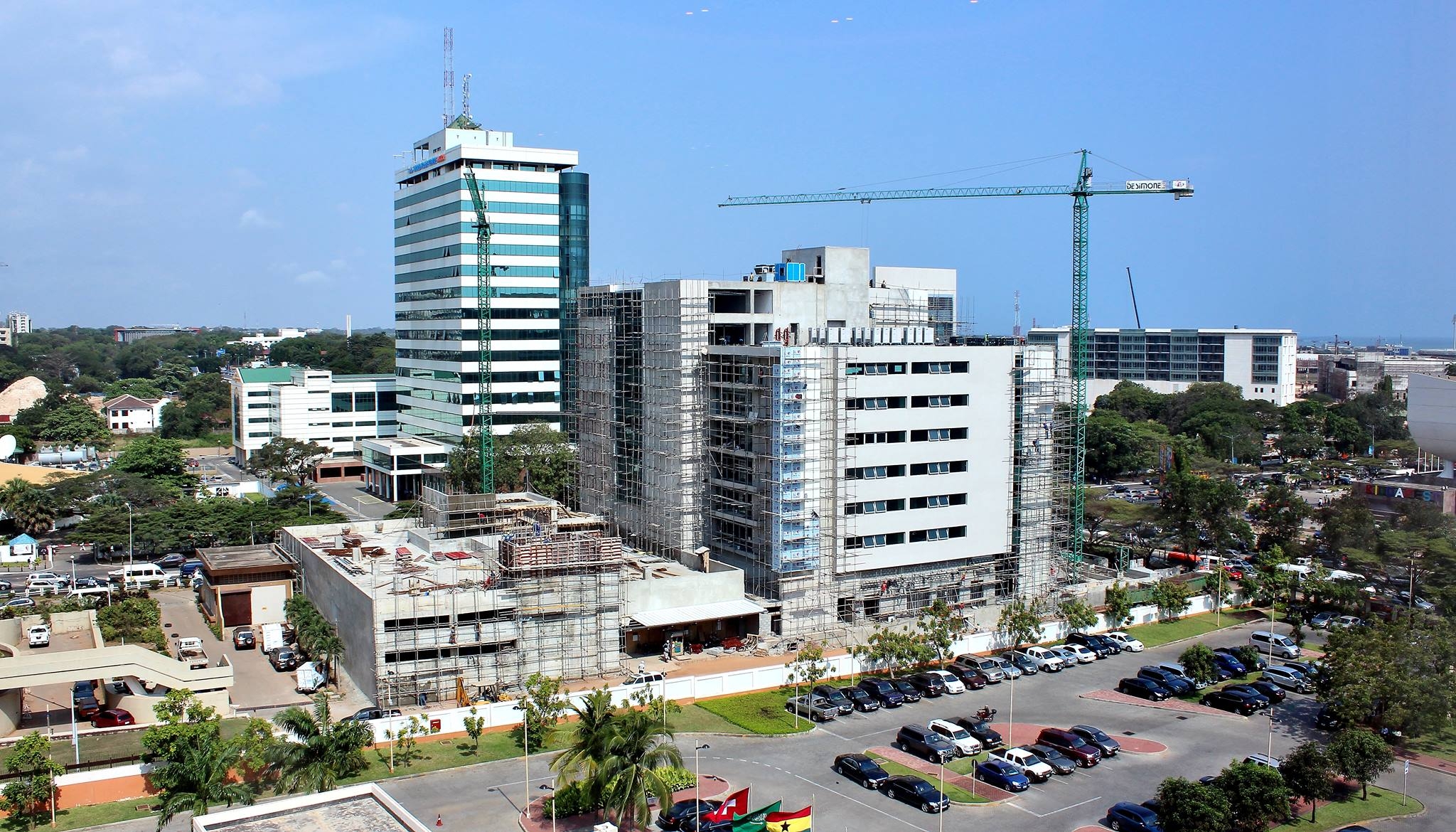
The following is an excerpt from a Boston Consulting Group (BCG) report, titled African Consumer Sentiment 2016: The Promise of New Markets.
Where do Africans shop? Traditional trade outlets such as markets, street vendors, and spaza shops still dominate. But modern trade is making inroads – more so in some countries than in others – with 26% of consumer store visits being made to modern trade outlets. Online purchasing is still rare. Where Africans shop depends largely on the product category.

South African and Angolan consumers visit modern retail stores more often than consumers in the other countries in our survey, with modern trade accounting for 39% and 34% of visits, respectively. Certain product categories – such as home appliances and mobile electronics – are more often purchased in modern retail stores than are other categories. The DRC, Egypt, Ethiopia, and Ghana have a low prevalence of modern trade, particularly for food and home items.
For a number of reasons – including lack of internet access, trust issues, and a desire to see and touch a product – online purchasing is rare in Africa. Nigeria’s consumers are the most likely to shop online. But as internet access spreads and comfort levels increase, online buying will likely grow, as it has in other developing markets.
Traditional trade
Despite the growth of modern trade in many African countries, traditional trade continues to represent a significant opportunity. In South Africa, the informal market is declining but still represents at least 20% of retail sales in many categories. Although Nigeria has more than 700,000 traditional trade outlets in the soft-drinks category, it has very few of Africa’s most prominent supermarket chains: only seven Spars, 16 Shoprites, and two Game stores. By comparison, South Africa alone has nearly 2,000 Spar and Shoprite supermarkets.
Africa’s traditional trade outlets are notoriously difficult for multinational corporations (MNCs) to penetrate. For one thing, the huge number of markets makes it hard to track goods through to the final consumer – a problem made even more challenging by a lack of data. The likes of Nielsen or Ipsos do not yet track Africa’s traditional trade. What’s more, the marketplaces are often jammed with vendors and located in remote areas.
How to make inroads
To successfully penetrate Africa’s traditional trade, companies must first conduct a census to understand the types and locations of trade outlets in the targeted countries and the differences among them – their size, the products they stock, their customers, and how often those customers shop. The next steps are to assess the potential revenues from and accessibility of each outlet, and to develop a strategy for product distribution that is profitable after factoring in the cost to serve. Then companies should create specific territories and assign each to an exclusive distributor – a trusted partner with deep experience in the region. They should put in place measurable KPIs to ensure consistently high standards of execution, and track performance against those KPIs. As sales are monitored, the distribution model can be updated and improved as required.
Nestlé uses unconventional sales methods to access hard-to-reach traditional trade outlets. The company’s informal distributors walk or use bicycles to deliver Nestlé products to small and micro outlets in far-flung places. These informal arrangements can give MNCs an inside track with small local spaza owners, who would typically need four to five weeks of getting to know outsiders and trusting them enough to carry their goods.
Besides controlling costs and increasing sales coverage, MNCs’ relationships with local distributors can also boost general brand awareness. As one small distributor in South Africa noted, “Nestlé is becoming popular because of us.”
Source: Boston Consulting Group





